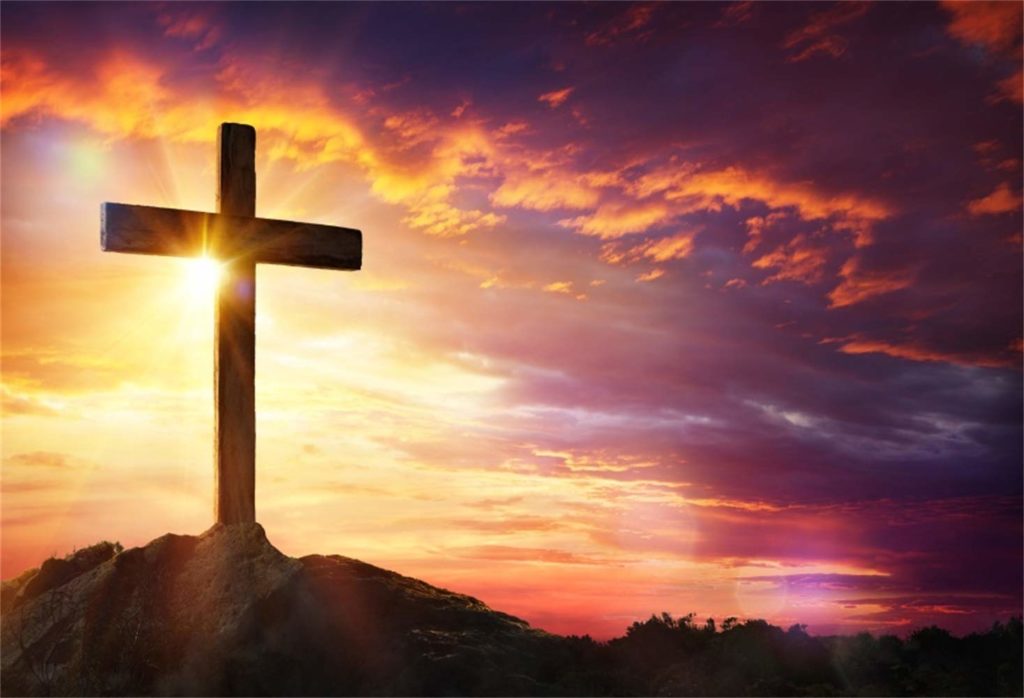Jesus Is Lord

The early Christians knew something. Something they passed on to new believers during their lives, and then those Christians passed on to new believers, and on and on it went. And what they knew had power. It had strength. It was a conviction which drove their actions and gave them the endurance needed to face anything (persecution, rough circumstances, even death).
The early Christians knew that Jesus is Lord.
They didn’t just think it. They didn’t just hope it. (Although I’m sure they did those things too.) They knew it.
When Jesus appeared to his disciples, Thomas touched the wounds on Jesus’ hands, he touched the wound on Jesus’ side, and it led him to confess what he knew: “My Lord and my God!”
“Jesus is Lord” came to be the confession of the early church. When Gentiles heard the message of Jesus, they responded by making this confession and by being baptized. When opposition or persecution came, the early Christians held firmly to the conviction that Jesus is Lord–which meant that whatever they were about to face was not, could not be stronger than the power of Jesus. It even meant that their allegiance (whether social, economic, political, or by some other means) could not ultimately be to anyone else except to Jesus.
So, as we continue to approach Easter Sunday, and in the midst of one of the most bizarre phenomenon’s in recent memory with the Coronavirus spreading around the world, what does it mean for Jesus to be Lord during these times? What do Lent and then Easter have to tell us about our faith?
I think two observations will suffice for today. First, Lent reminds us that no matter how much we might pretend that we are in control of our own destiny or in control of our own selves, we are not. Lent is a season in which we have the opportunity to face our sinfulness and to confess, to be cleansed, and to dedicate ourselves to our God. That Jesus is Lord is certainly good news! Because it means that we do not have to be. In our moments of clarity and humility, we know that it is true that we cannot truly be the Lord of even our own life, much less the lives of those around us (even though we still certainly want to be!). And in our pride and arrogance, we still sometimes act as if we are Lord of our life, or–in a more entertaining to ourselves way–that we are Lord of your life. But, Lent helps us to prepare for Easter, the day that we recognize every year as the day in which any kind of “battle” that was being waged for Lordship was ended by the definitive action of Jesus. Jesus is Lord, and that means no one else is. Which leads me to my second observation.
If Jesus is Lord, then it certainly means that Covid-19 is not. It means that Sin is not. It means that Death is not. It means that so much more is not Lord of my life, Lord of your life, or Lord of this world. Jesus is Lord, and on Easter, when we proclaim that the tomb is empty, we also announce that we have no reason to fear like we may have before we knew the story of the empty tomb. We have no reason to grow restless or anxious about the circumstances that we might find ourselves in. Not because these things aren’t frightening or scary. But because we know something. We know, just like the early Christians knew. We know that Jesus is Lord. And even when the Covid-19’s come our way, we know that Jesus is Lord.
This week, remember your church family, your coworkers, your neighbors, your own personal family members, and the stress that we are all under right now as we continue to learn about this virus. But more importantly, remember your conviction and confession that Jesus is Lord (and that means that this virus is not). I encourage us to be peace in the midst of this hardship, hope in the face of this fear, and comfort in these days of uncertainty.

